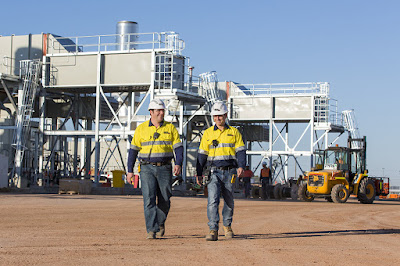Pipeline construction is a field of
engineering. This field involves lot of complications. The engineers have to
keep a lot of things in mind when it comes to pipeline construction. The most
important thing is the design of the pipeline. The process involves a lot of
steps. Once design is finalized, it is important to choose the right pipes for
the right places. For an engineer, it is crucial to know about different types
of engineering pipes. In order to get pipeline information,
you need to follow the guidance as given in the following section.
The Types of Oil and Gas Pipeline
Different kinds of pipes are there to
create a perfect circuit of oil or natural gas transportation. From source, the
gas needs to be transported to processing hub. From the processing hub, the gas
has to be transported to the refinery. From there, it will go to the reservoir.
From reservoir, the gas will further be transported to homes and commercial
places by the www.pipelineintelligence.com/advertise.
1. Gathering Pipes
At the first stage, it is important
for us to know about gathering pipeline. So, what is gathering pipeline? It has
been used for delivering oil or gas to the processing plant from the source.
Thus, gas has been collected at unrefined form and then it is channelized
through the gas pipeline. For this purpose, you need gathering pipeline. The
characteristics of the gathering pipes are discussed in the following section.
·
Such
pipes are not so long. The maximum length could be around 200 meters.
·
The
usual diameter of such pipe is less than 18 inches. But, for shale oil
production, diameter of the gathering pipe can be found at 20 inches.
·
In
the USA, there is regulatory body for standardization of the gathering pipes.
So, when purchasing the pipe, the stamp of the standardization agency should be
checked.
2. Transmission Pipelines
Such pipelines have been used for
transporting crude oil or natural gas from place to another. There would not be
a single processing unit. You would find the presence of various processing
units. As a result, natural gas has to be transmitted to different units for
processing. Characteristics of the transmission pipelines have been discussed
in the following section.
·
These
pipes are built to deal with pressure ranging from 200 to 1200 psi.
·
These
pipes may meet failure due to a few common reasons. These reasons include
material failure, corrosion, defective welding, etc.
·
The
diameter of such pipeline could be up to 42 inches. The minimum diameter is
always higher than 10 inches.
3. Distribution Pipelines
In the pipeline
publication, you shall also come to know about distribution pipeline.
Two types of distribution pipes can be found. They are called as “main” and
“service” pipes. These pipes can bear pressure up to 200 psi. Such pipes need
lesser maintenance, as they need to bear with low pressure level. Typically,
the diameter of such pipes ranges from 2 inches to 24 inches.
Knowing these standard rules of
choosing the right pipes for pipeline construction is essential for the
engineers.



